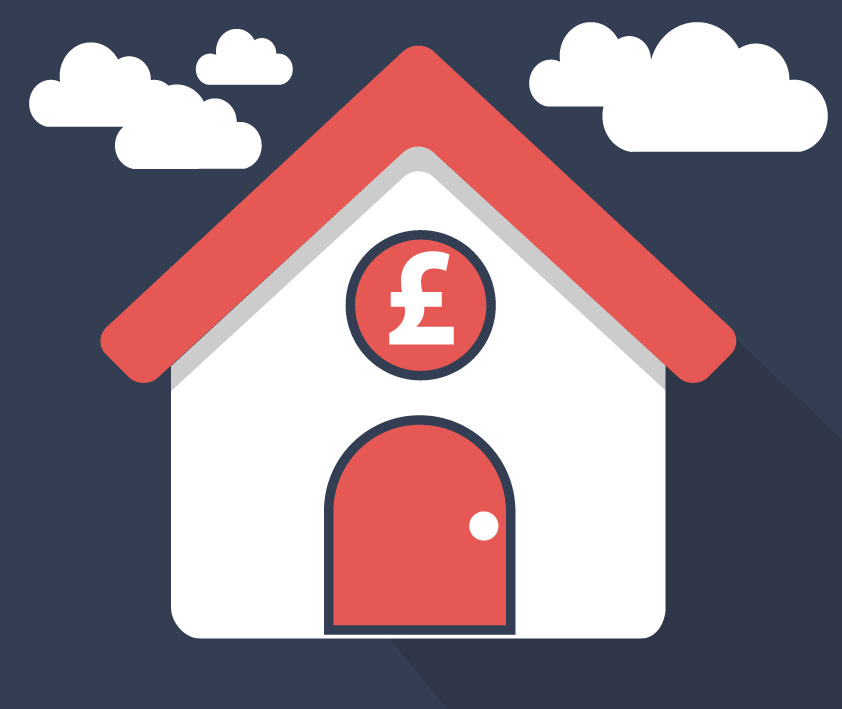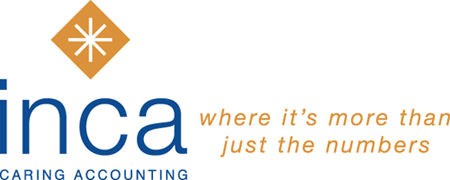Do you let out property through Airbnb?
In a little over ten years, the online property rental service has grown from a single mattress for hire in the founders’ San Francisco apartment, to a global organisation operating in nearly 200 countries.
Airbnb has made it easy for anyone who has space to rent to generate income. Owners simply have to register as a host and pay a small service fee – generally 3% – to have Airbnb list their property, manage reservations and process payments.
Properties listed on Airbnb’s website range from entire houses, apartments and flats, to rooms, converted attics, garages and garden sheds. While many hosts are professional landlords who make their living from letting out property, many more are ordinary individuals using the service to earn a little extra income.
Along with other digital businesses operating internationally, Airbnb’s tax arrangements have come under close scrutiny in recent years. In 2019, Airbnb reported UK profits of £5.6m and paid £1.1m in corporation tax, but following an investigation by HMRC, the online rental giant was ordered to pay an additional £1.8m.
As part of HMRC’s investigation, Airbnb was ordered to disclosed details of its financial transactions with UK hosts for the tax years 2017-18 and 2018-19. HMRC is now in the process of examining these records, with a view to recovering any unpaid tax that may be due.

Does Airbnb’s disclosure impact you?
HMRC’s investigation into Airbnb is likely to have repercussions for many people in its UK host community – estimated to be some 225,000 strong.
Does this include you?
If you’ve rented out property through Airbnb at any time in the last three years – and you’ve not declared your rental income in full on your tax returns, you can expect to be hearing from HMRC soon. In light of the UK’s current economic position, it’s reasonable to expect that HMRC will do everything within its power to recover any unpaid tax.
Although HMRC’s investigation is currently focused on Airbnb, it’s likely to extend to other online property rental services in the very near future.
What should you do?
If you’re an Airbnb host – or you’ve let out property through a similar service, it would be sensible to review your tax returns for 2017-18 and 2018-19 to make certain that you have disclosed all the rental income you earned during this period.
If you do have undeclared income, it will be best to make a voluntary disclosure to HMRC. Taking the initiative now, rather than waiting for them to contact you might help mitigate any fines or penalties.
If you need to declare rental income for the tax year 2018-19, and you’ve already submitted your self-assessment return, you still have until 31st January 2021 to amend and resubmit it.
As noted earlier, for many individuals, online property rental provides a relatively small income. Average annual earnings for an Airbnb host are estimated to be around £3,000, and if your income is in this region, it’s quite likely that no tax will be due. But if you’re earnings take you over this threshold, or you’re renting out a property that is not your only or main home, you’ll almost certainly be required to report your rental earnings through the self-assessment tax system and be liable to pay tax.
Check here to see if you need to tell HMRC about additional income. Some hosts letting out space in their own homes may qualify for tax relief under the Rent a Room Scheme.
If You Have Concerns About Your Online Property Rental Income, We Can Help!
If you’re not confident you’ve properly declared all your earnings from Airbnb or other online property rental services, don’t leave it until HMRC contact you. It may be that you have nothing to worry about, in which case, we can at least put your mind at rest. But if it transpires you’ve not declared everything you should have done, we can help you set the record straight and make a voluntary disclosure, so that HMRC will be likely to treat you with more leniency.
Call us on 01235 868888 for an initial chat or email us at [email protected] now!




